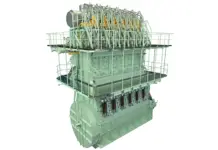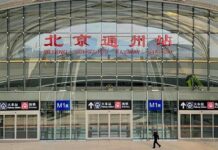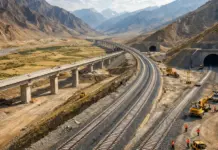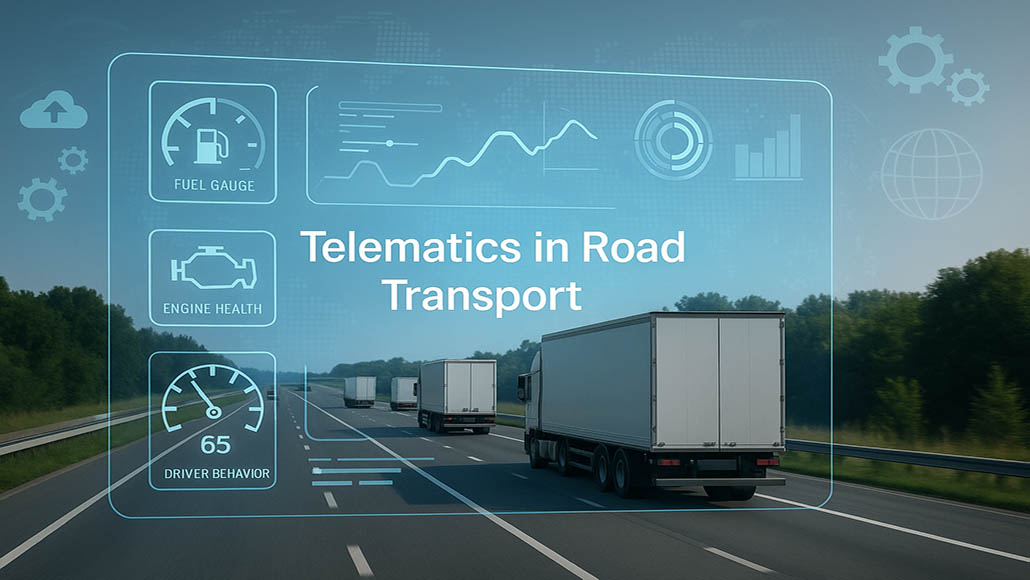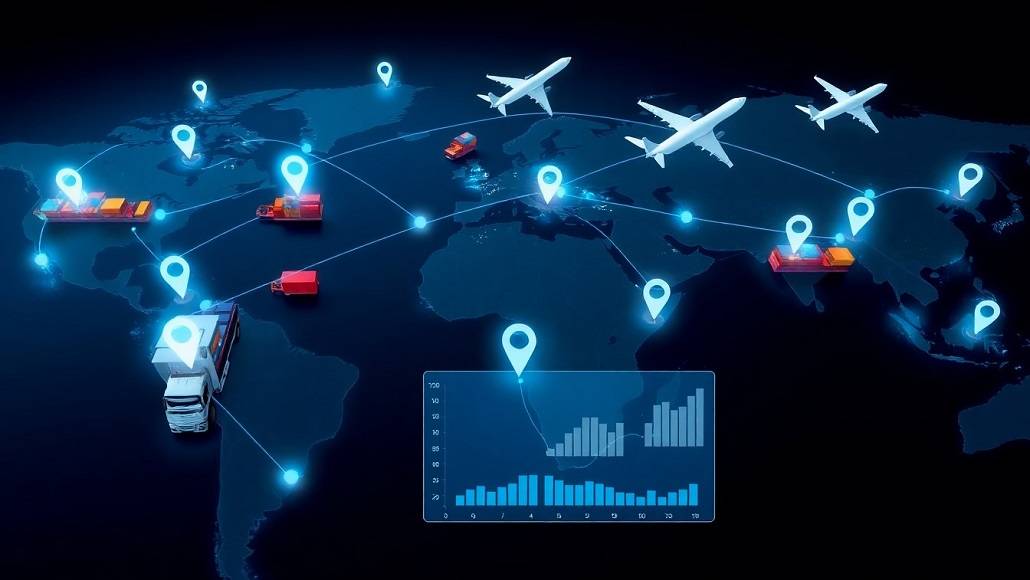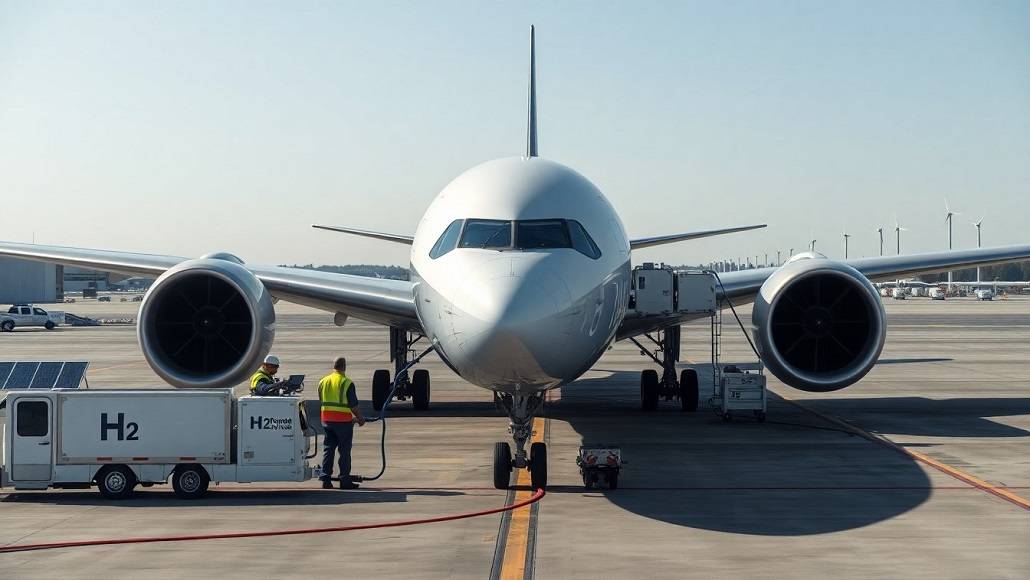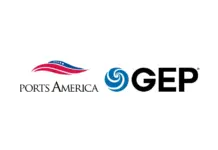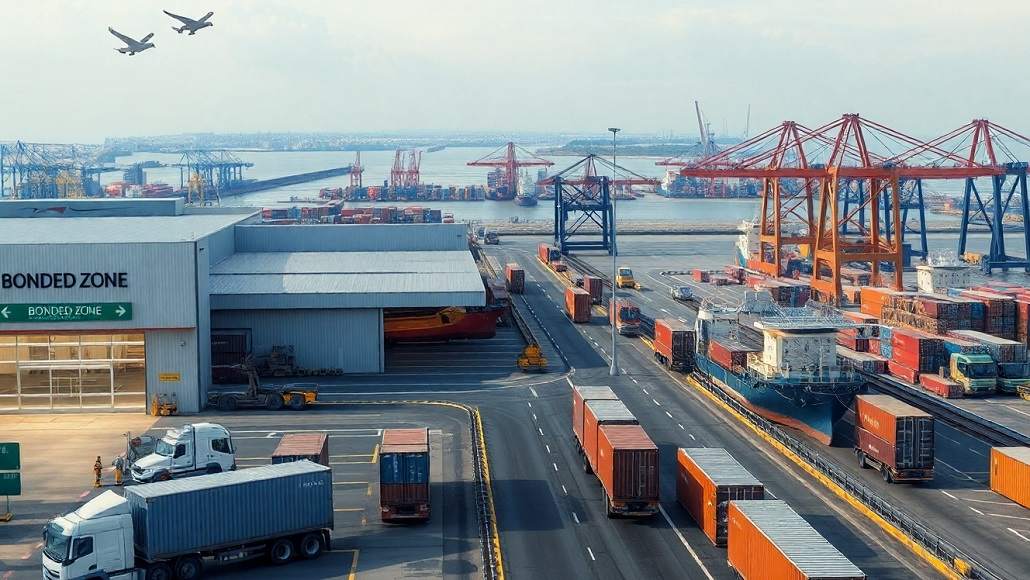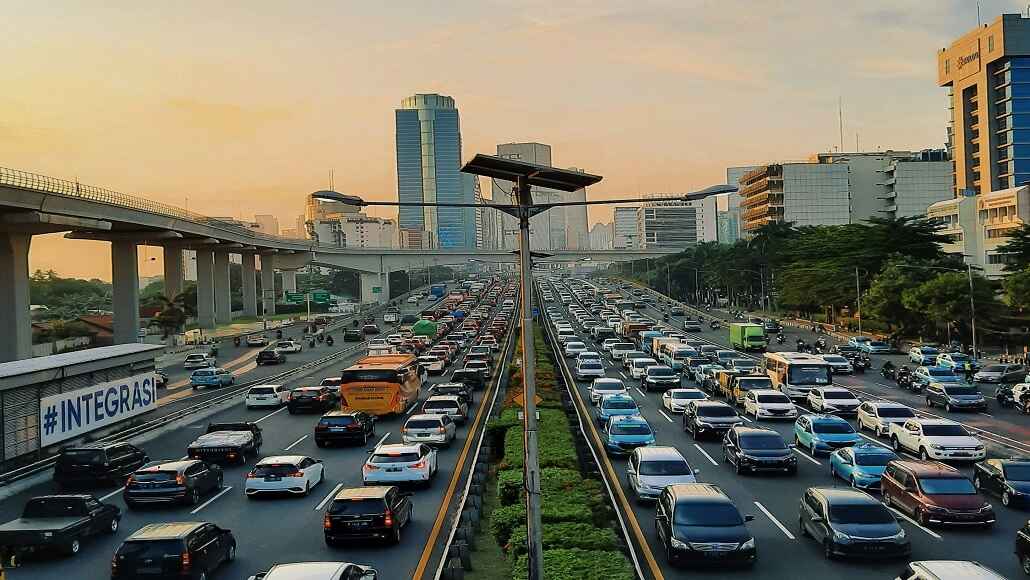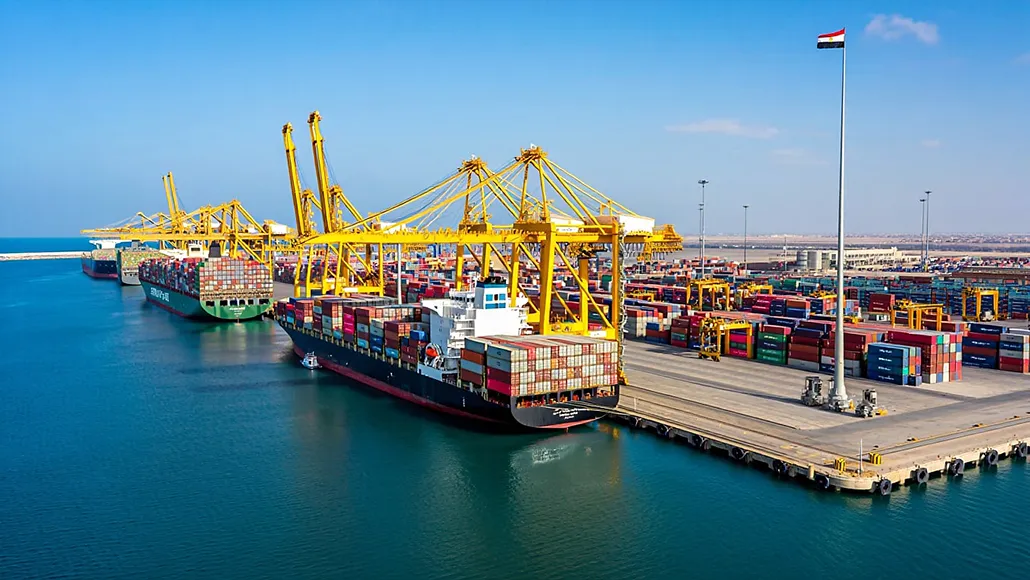Egypt has expanded its maritime and logistics footprint with the launch of multiple new seaports in the Suez Canal Economic Zone (SCZone), marking a strategic advance in the nation’s long-term plan to modernize port infrastructure and reinforce its role in global trade.
The initiative, unveiled in eastern Port Said, forms part of a decade-long national programme that has overhauled existing maritime assets and added new port capacity across the coastline. For many in the industry, the new openings point to a long-awaited upgrade, one aimed at easing logistics bottlenecks, giving export-focused businesses more room to grow, and helping Egypt hold its ground in the fight for global cargo.
The facilities are built to move more goods, cut the time ships spend in port, and create smoother links between the seaports, nearby industrial zones, and the wider transport network. Officials emphasized that the upgrades are aligned with Egypt’s broader plan to expand its industrial base within the SCZone and attract investment from global manufacturing and logistics operators.
New technical features form the core of the expansion. The programme includes deeper berths to accommodate larger vessels, additional container terminals to boost operational capacity, and the roll-out of advanced digital systems intended to streamline marine services and supply-chain management. Authorities noted that these enhancements are calibrated to support higher cargo volumes transiting the Suez Canal, a waterway that already facilitates more than 12% of global trade.
During the ceremony, President Abdel Fattah Al-Sisi highlighted growing interest from multinational operators such as Maersk to enlarge their presence in Egypt’s logistics and port-services ecosystem. Planned cooperation with the Suez Canal Authority (SCA) includes new projects in container handling, green fuel bunkering, and integrated supply-chain operations.
Industry leaders described the expansion as a significant turning point for the SCZone. Olivier de Noray, Chairman of the Suez Canal Car Handling Company (SCAT) and CEO of AGL Ports, said that the newly developed facilities position Egypt to become a platform for automotive logistics and export, alongside broader industrial and trade activities.
Officials said the extra capacity should help Egypt move more goods, give local manufacturers a stronger footing, and offer some cushion for the economy at a time when global shipping lanes remain strained by geopolitical tensions and ongoing supply-chain issues. They added that the new SCZone ports also fit with Egypt’s push to build more value-added industry around the Suez Canal instead of depending mainly on transit fees.
Taken together, the SCZone ports are meant to anchor Egypt more firmly as a regional logistics hub, tying Africa, the Middle East, and Europe through modernised ports and an expanding industrial base.






